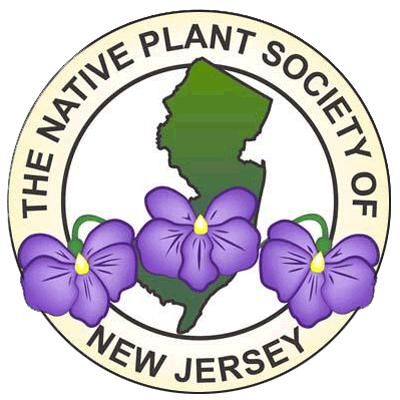
February 09, 2021| Environment
By: Marty Kane
Native plants are important to our environment and have been receiving more attention from gardeners in recent years. Because native plants are adapted to a particular area, they require less water, are less susceptible to pests and diseases, do not generally need fertilizer, and are unlikely to become invasive. These plants provide nectar, pollen, and seeds that feed native butterflies, insects, birds, and other animals. They also make beautiful gardens, both in sun and shade, regardless of soil conditions. In addition, native plants are used in rain gardens and many make excellent riparian buffers to screen stormwater before it enters Lake Hopatcong.
Next month there will be a unique opportunity to increase your knowledge about how you can use native plants in your yard. Each year, the Native Plant Society of New Jersey runs an annual conference touted as a must-attend event for anyone involved in the native plant movement in New Jersey. The highly anticipated gathering usually involves driving to a selected destination and paying a conference fee. This year, through the magic of virtual programming you can attend right from your own home, and thanks to the Native Plant Society, it will be free!
This year’s conference will be Saturday, March 6, 2021, with different program sessions occurring from 8:50 AM to 4:00 PM. As an unsophisticated gardener, I have found this conference very helpful and appropriate for all levels of gardening expertise. Two topics that caught my attention right away were “Restoring Native Habitats” and “Designing and Planting with Native Plants.”
To learn more about the conference and to register at no cost, click HERE.
The Native Plant Society of New Jersey is a statewide non-profit organization dedicated to the appreciation, protection, and study of the native flora of New Jersey. Founded in 1985, They present lectures and presentations, organize nature walks and garden tours, provide advice on the design and maintenance of native gardens and landscapes, and have helped establish native plant gardens around the state.